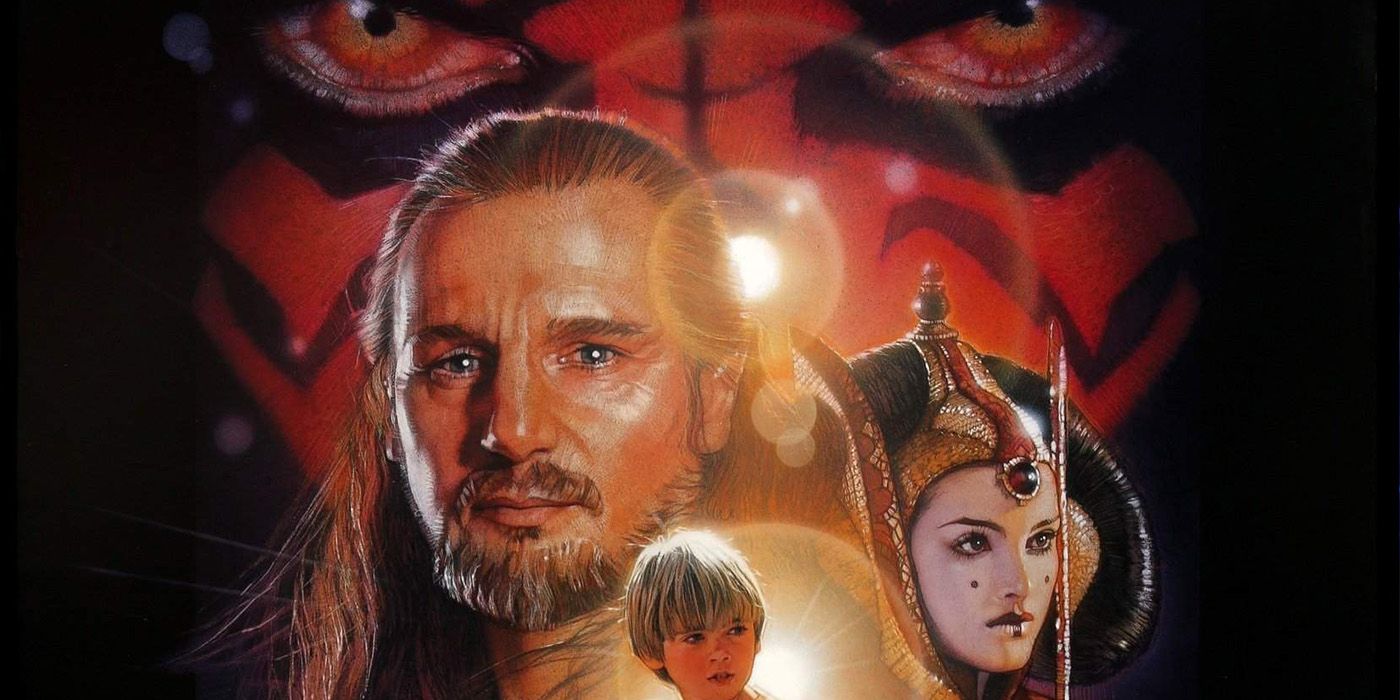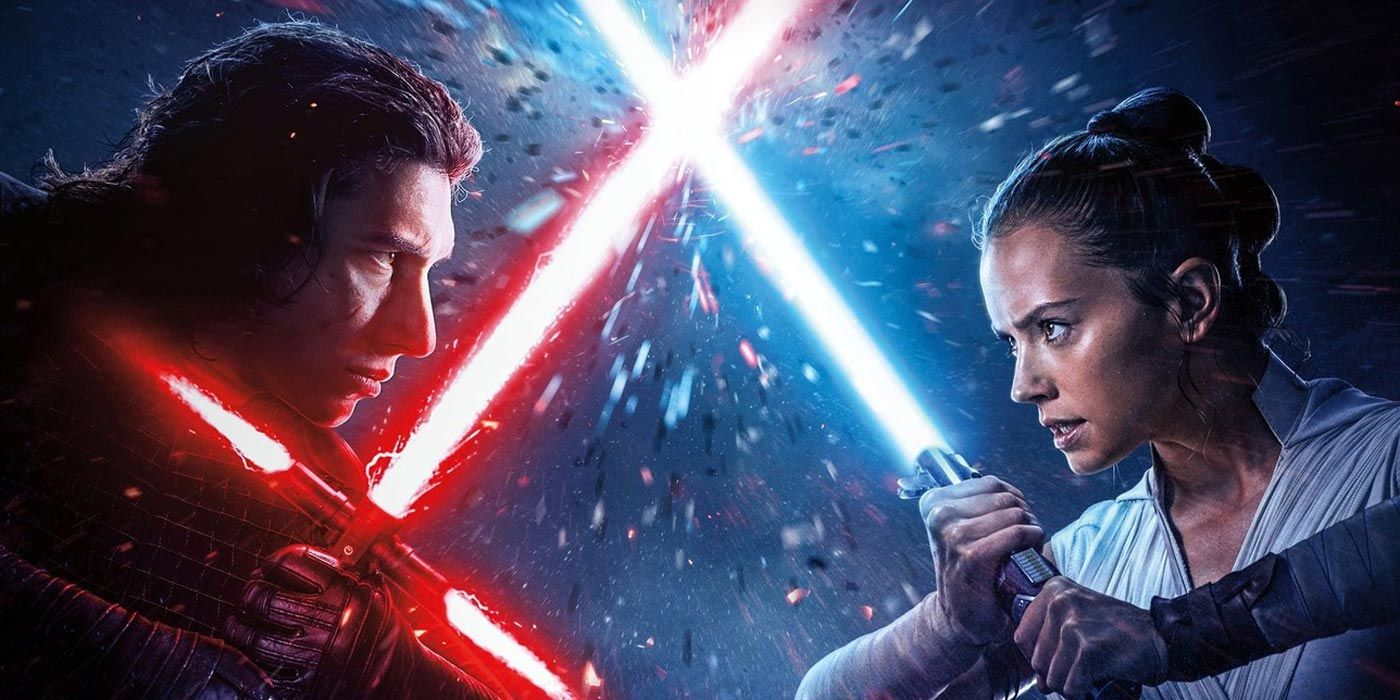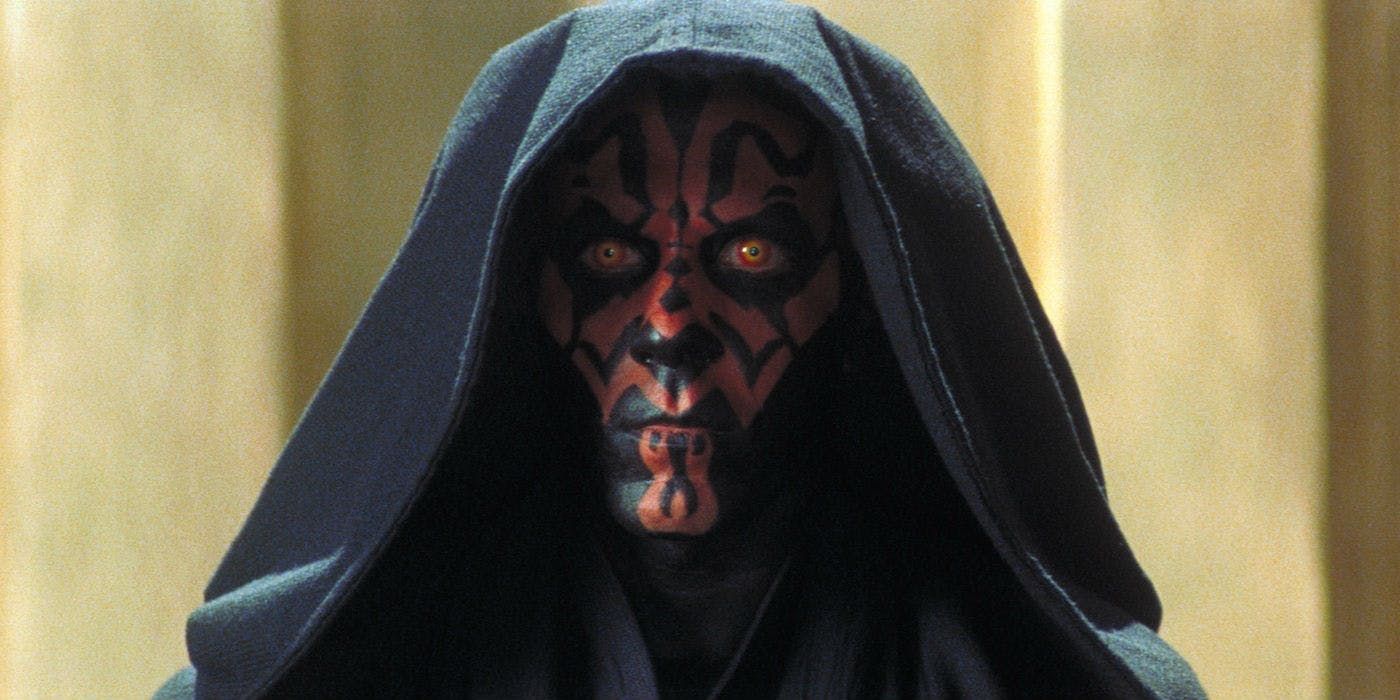If there is one thing fans have learned from the final trilogy of the Skywalker Saga, it's that Star Wars is a touchy, touchy subject. While, for many, the original trilogy is the gold standard and the prequels are beloved in their own way, it has been difficult to peg where precisely the Disney era fits into the picture. It's yet to be seen if history will be kind to the sequel trilogy, which has received a mixed reception from fans and critics alike, with the recently released The Rise of Skywalker now the subject of widespread displeasure. As of now, Episode IX has a critic rating of 52 percent on Rotten Tomatoes, a point lower than The Phantom Menace, previously the most reviled live-action entry in the film franchise.
It should come as no surprise that one of Disney's Star Wars films has been divisive, as there was a massive discrepancy between the critical reception of The Last Jedi and the visceral reaction from the fan base. However, even given the controversy surrounding Rian Johnson's film, it's still sitting pretty at a solid 91 percent critics score. In that sense, there is somewhat of an inverse relationship between the two films. Both have a large gap between their audience scores and critical scores, but, while Rise of Skywalker is tied with Phantom Menace on the Tomatometer, it has an audience score of 86 percent. The Last Jedi, by contrast, has an audience score of 43 percent.
Now, say what you will about The Rise of Skywalker, but it seems extreme to suggest it is on par with the most-hated film in the franchise. That's because where both movies have drawn a lot of negative attention, the critiques differ greatly. To quickly sum up much of the criticism of The Phantom Menace, the movie lacks depth where it counts. The characters behave like cardboard cutouts, the dialogue is stilted yet filled with exposition, and there is far too great an emphasis put on galactic politics (a trade dispute forms the premise, as spelled out in the opening crawl). Additionally, all of the elements of the movie directed at kids upset older fans, while the drawn-out scenes of senate negotiations and the discussion of trade routes put younger viewers to sleep.
The Phantom Menace completely disregards its audience to a degree that it feels like it wasn't really made for anyone. The Rise of Skywalker may have suffered the exact opposite problem. This is best summed up by Slate's Sam Adams who writes, "Rather than making a movie some people might love, [director J.J.] Abrams tried to make a movie no one would hate, and as a result, you don't feel much of anything at all." This is a painful critique, but one that seems accurate for a movie that feels less like a piece of storytelling and more jumbled fan fiction. The Force Awakens was slammed for being too similar to A New Hope and The Last Jedi was so different from fan expectations that it created a toxic backlash directed at Johnson, so The Rise of Skywalker took a middle stance between the two that made it the most reviled film in the sequel trilogy.
So how is it that a movie that seems opposed to anyone enjoying it and a movie that is borderline obsessed with getting everything just right for fans are tied as the title of the worst-reviewed movie in the Star Wars franchise? This can likely be chalked up to expectations. The release of The Phantom Menace in 1999 was the return of the franchise that was (and still is more or less) the American myth. Except the movie wasn't good and didn't live up to its own hype -- especially in comparison to the other Star Wars movies that existed at that time. Beyond the 52 percent rating, not being able to live up to the hype is something Episode I and Episode IX have in common. If The Phantom Menace was supposed to revive the franchise, The Rise of Skywalker was supposed to be the capstone of the franchises redeeming trilogy, something which it arguably does but only in a very messy fashion.
Directed and co-written by J.J. Abrams, Star Wars: The Rise of Skywalker stars Daisy Ridley, Adam Driver, John Boyega, Oscar Isaac, Lupita Nyong' o, Domhnall Gleeson, Kelly Marie Tran, Joonas Suotamo, Billie Lourd, Keri Russell, Anthony Daniels, Mark Hamill, Billy Dee Williams, and Carrie Fisher, with Naomi Ackie and Richard E. Grant.



